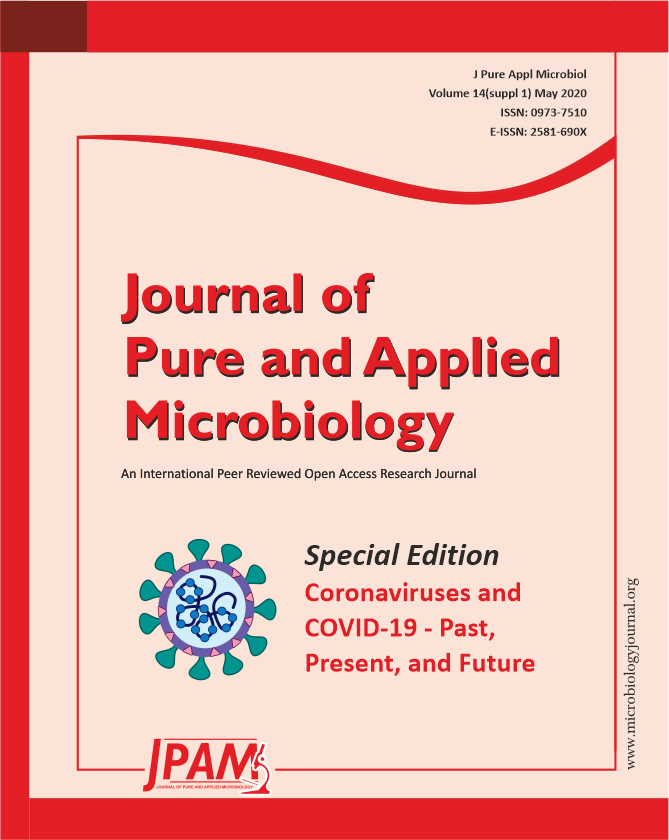COVID-19 started to occur in South Korea by an inflow of the virus from abroad, when a traveler from Wuhan, China, was first confirmed on January 19th, 2020. Although South Korea reduced the number of newly confirmed cases and is on the way to stabilizing the situation with its disease prevention policies, problems remain. The main issue is the reconfirmation of the virus after recovery. South Korean experts believe the reconfirmed cases are caused by reactivation of the virus inside the patients’ body, rather than by virus reinfection after recovery. When considering reconfirmed COVID-19 cases, it is important to keep social distancing even after treating the infection. Despite no cases of reconfirmed patients infecting others having been reported yet, reexamination of patients after recovery is thought to be pivotal to prevent reactivation.
Complete recovery, COVID-19, reactivation, reconfirmed, social distancing
© The Author(s) 2020. Open Access. This article is distributed under the terms of the Creative Commons Attribution 4.0 International License which permits unrestricted use, sharing, distribution, and reproduction in any medium, provided you give appropriate credit to the original author(s) and the source, provide a link to the Creative Commons license, and indicate if changes were made.


